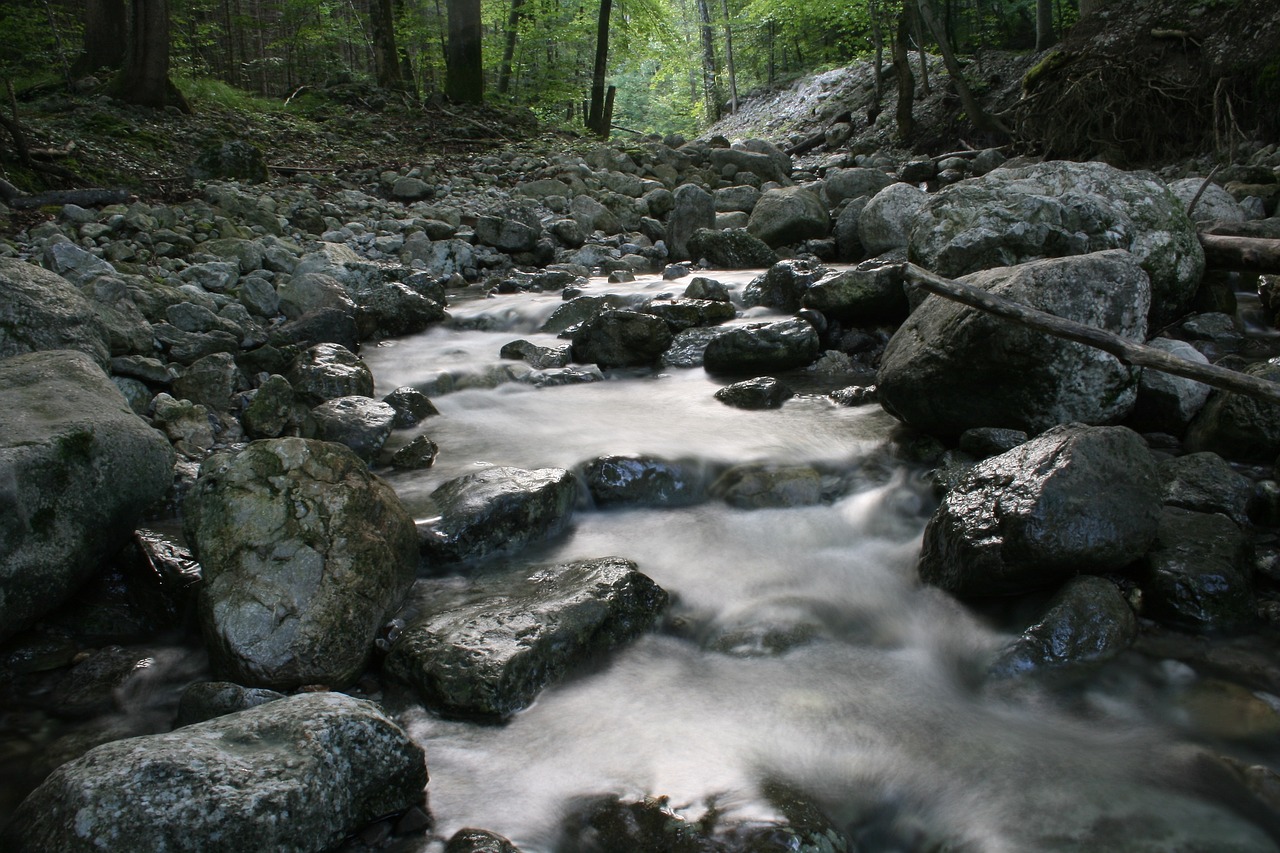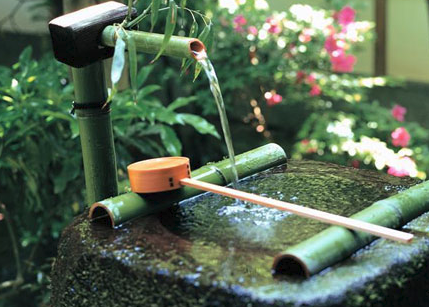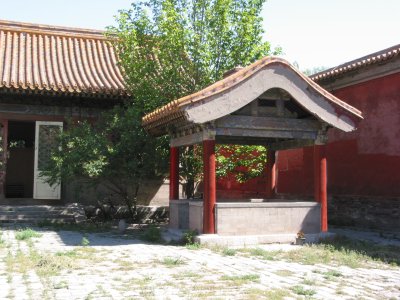What kind of water is used for tea is good, and it has attracted people's attention and interest since ancient times. Lu Yu once clearly pointed out in the "Tea Classics": "mountain water is the best, and then is the river water, last is well water."

In general, natural water is used for brewing tea, mineral water or distilled water is also used. Natural water can be divided into spring water, stream water, river water, lake water, well water, rain water, snow water, etc. according to its source. To brew tea, first of all, it is mountain spring water or stream water, and then river water, lake water and well water.
Generally speaking, in natural water, spring water is relatively refreshing, with less impurities, high transparency, less pollution, and the best water quality. However, due to the different ways of water source and flow, the dissolved matter, salt content and hardness are very different. Therefore, not all spring waters are of high quality. Some spring water, such as sulfur mineral water, has lost its drinking value.

Although spring water is better for brewing tea, but the water that flows for a long time such as streams and rivers is not inferior to spring water. Some rivers, although turbid, are still drinkable after clarification.
Well water is groundwater. Some well waters is sweet, such as the "Dapaojing" in the East Temple of the Wenhua Dian in the Palace Museum in Beijing, was once an important source of drinking water in the palace. Generally speaking, deep groundwater has the protection of water-resistant layer, less pollution and clean water; while shallow groundwater is easily polluted by the ground and the water quality is poor. So deep wells are better than shallow wells. Secondly, the well water in the city is polluted and salty, and it is not suitable for tea brewing. The rural well water is less polluted and has good water quality and is suitable for drinking.

(dapaojing)
Tap water is generally river water or lake water that has been artificially purified and disinfected. Tap water that meets the drinking water hygiene standards set by the Ministry of Health of China is suitable for brewing tea. However, sometimes tap water is sterilized with excess chloride, and the smell is very heavy.
The hardness of water is closely related to the quality of tea soup. First, the hardness of the water affects the pH of the water, and the pH affects the color of the tea. When the pH is greater than 5, the color of the soup is deepened; when the pH reaches 7, the theaflavins tend to be auto-oxidized and lost.
In natural water, rainwater and snowwater belong to soft water. Spring water, stream water, and river water are mostly temporary hard water, and some groundwater is hard water. Distilled water is artificially processed soft water, but it is costly and cannot be used as general drinking water.

In general, natural water is used for brewing tea, mineral water or distilled water is also used. Natural water can be divided into spring water, stream water, river water, lake water, well water, rain water, snow water, etc. according to its source. To brew tea, first of all, it is mountain spring water or stream water, and then river water, lake water and well water.
Generally speaking, in natural water, spring water is relatively refreshing, with less impurities, high transparency, less pollution, and the best water quality. However, due to the different ways of water source and flow, the dissolved matter, salt content and hardness are very different. Therefore, not all spring waters are of high quality. Some spring water, such as sulfur mineral water, has lost its drinking value.

Although spring water is better for brewing tea, but the water that flows for a long time such as streams and rivers is not inferior to spring water. Some rivers, although turbid, are still drinkable after clarification.
Well water is groundwater. Some well waters is sweet, such as the "Dapaojing" in the East Temple of the Wenhua Dian in the Palace Museum in Beijing, was once an important source of drinking water in the palace. Generally speaking, deep groundwater has the protection of water-resistant layer, less pollution and clean water; while shallow groundwater is easily polluted by the ground and the water quality is poor. So deep wells are better than shallow wells. Secondly, the well water in the city is polluted and salty, and it is not suitable for tea brewing. The rural well water is less polluted and has good water quality and is suitable for drinking.

(dapaojing)
Tap water is generally river water or lake water that has been artificially purified and disinfected. Tap water that meets the drinking water hygiene standards set by the Ministry of Health of China is suitable for brewing tea. However, sometimes tap water is sterilized with excess chloride, and the smell is very heavy.
The hardness of water is closely related to the quality of tea soup. First, the hardness of the water affects the pH of the water, and the pH affects the color of the tea. When the pH is greater than 5, the color of the soup is deepened; when the pH reaches 7, the theaflavins tend to be auto-oxidized and lost.
In natural water, rainwater and snowwater belong to soft water. Spring water, stream water, and river water are mostly temporary hard water, and some groundwater is hard water. Distilled water is artificially processed soft water, but it is costly and cannot be used as general drinking water.